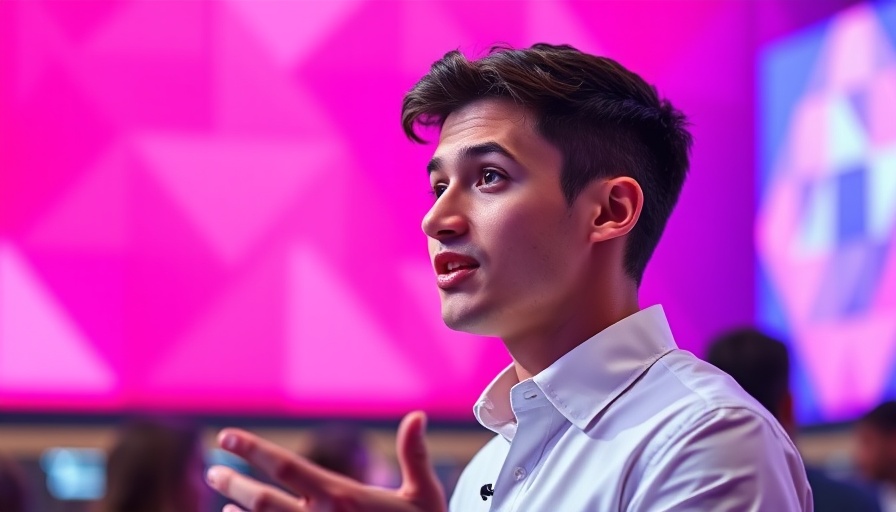
Garry Tan: The Unexpected Guardian of San Francisco’s Tech Scene
In an era where social media amplifies voices and expectations, Garry Tan, the CEO of Y Combinator, has inadvertently assumed the role of savior for many in San Francisco’s tech community. This unexpected situation began when local startup founder Vishnu Hari suffered a traumatic brain injury after a violent attack in January. Following his recovery, Hari turned to X (formerly Twitter) to express his frustrations not only toward the assailant but also toward local law enforcement. The public outcry soon shifted its focus to Tan, tagging him in pleas for help and accountability within the city.
When Tech Founders Turn to a CEO for Civic Responsibility
It’s unusual for a tech accelerator executive to be bombarded with community grievances. Yet, more San Franciscans are engaging with Tan about local issues, viewing him as an ally who could possibly influence policy changes or support community initiatives. In another incident, a tech entrepreneur requested Tan’s assistance after a gunshot incident, which turned out to be harmless fireworks. The expectation that such incidents warrant intervention by anyone but city officials speaks volumes about the faith the tech community places in Tan.
The Financial Influence: Tan’s Role as a Philanthropic Force
Tan has poured over $400,000 into campaigns and causes aligned with moderate policies in the Bay Area. His commitment to civic responsibility through financial support complements the increasingly vocal demands from tech founders who seek more meaningful engagement from business leaders. His contributions signal that even high-profile entrepreneurs can play a crucial role in shaping local policies and fostering safer communities.
Building Community through Stories
This scenario isn’t just about a few errant tweets or requests for help; it's indicative of a larger narrative unfolding within San Francisco’s tech scene. Entrepreneurs like Hari are igniting conversations about public safety, city governance, and the responsibilities of corporations and their leaders. Are tech CEOs stepping into roles traditionally filled by public officials? The broader implications could shift how we view corporate responsibility and civic duty in urban settings.
Democratizing Influence in an Urban Landscape
The tech community's reach in civic matters reveals an evolving landscape where influential figures are expected to engage more actively with societal issues. Tan’s growing presence in these conversations raises important questions regarding the effectiveness of traditional government and its responsiveness to community needs. Where do we draw the line between civic responsibilities and corporate interests? This discourse not only illustrates the nuances of local governance but also highlights a longing for authentic connection within urban landscapes.
What This Means for the Future of San Francisco
As the tech ecosystem continues to expand, the necessity for leaders like Tan to step up becomes increasingly evident. Their influence could foster significant dialogues that move beyond technology and into the deeper waters of social responsibility. Recognizing tech leaders as both innovators and active participants in local governance may pave the way for proactive changes that resonate beyond the startup world.
 Add Row
Add Row  Add
Add 




 Add Row
Add Row  Add
Add 

Write A Comment